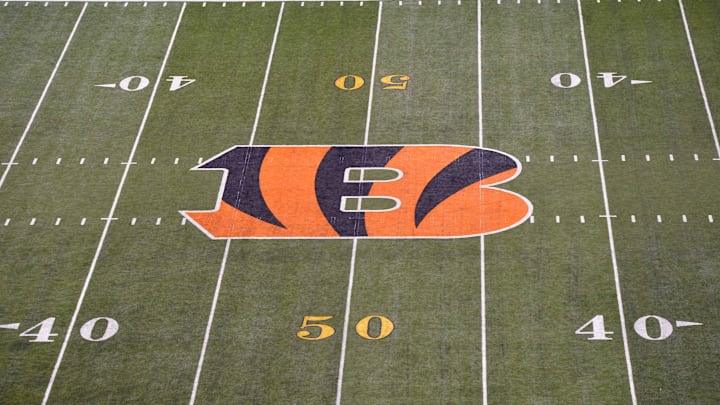It's that time of the year again. With the calendars officially flipped from July to August and the sun starting to set just a little bit earlier, football is on the horizon. Training camps are well underway across the NFL, and preseason play is the last thing standing between football fans and the regular season.
Each team in the league will play three preseason games, including the Cincinnati Bengals. who will kick off the preseason by hosting the Tamp Bay Buccaneers on Saturday, August 10. Cincinnati's other two preseason contests will come against the Chicago Bears on Saturday, Aug. 17 and the Indianapolis Colts on Thursday, Aug. 22.
After many months without football, Bengals fans are understandably eager to watch their team in action, even in preseason play. But, since it's been a year since last preseason, a refresher regarding preseason overtime rules might be in order.
A closer look at NFL preseason overtime rules
During the regular season, if a game is tied after regulation, it goes into a single 10-minute overtime period. Both teams get a chance to get the ball in overtime, unless the team who receives the ball first scores a touchdown on the opening drive. If the game is still tied once the overtime period is complete, it officially ends in a tie. This doesn't happen too often, but there's typically one or two ties per season.
Things change slightly when it comes to overtime in the postseason. If a playoff game goes to overtime, an extra five minutes are added, so it becomes a 15-minute overtime period. Also, a playoff game can't end a tie, for obvious reasons. So if the score is still tied after the first overtime period, the teams play another one, and that trend continues until the tie is broken.
That brings us back to the preseason. When it comes to preseason overtime, the rules are pretty simple because there is no overtime in the preseason. That's right. No overtime. If a game is tied at the end of regulation, it stays that way.
Sure, that may lead to some unsatisfying endings, but it's meant to avoid added wear-and-tear on players. Plus at the end of the day, the outcome of preseason contests isn't as important as the experience the players get and the intel that coaches gather.
